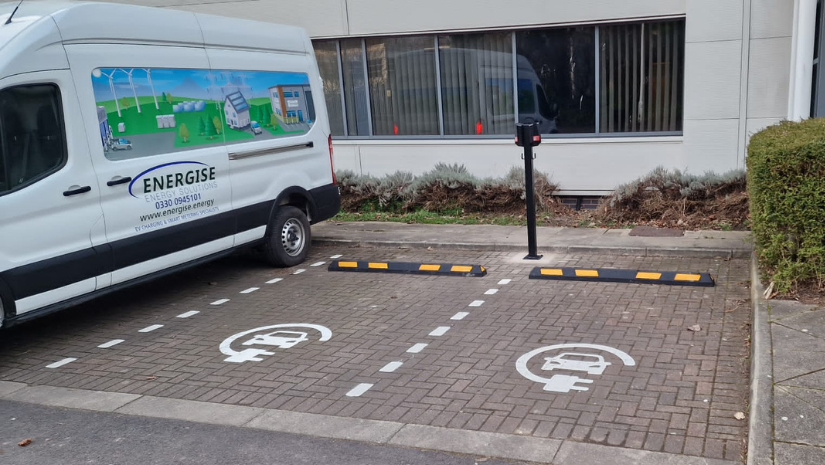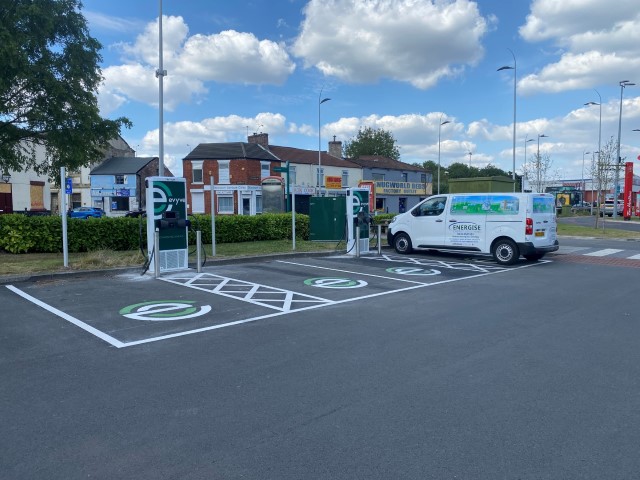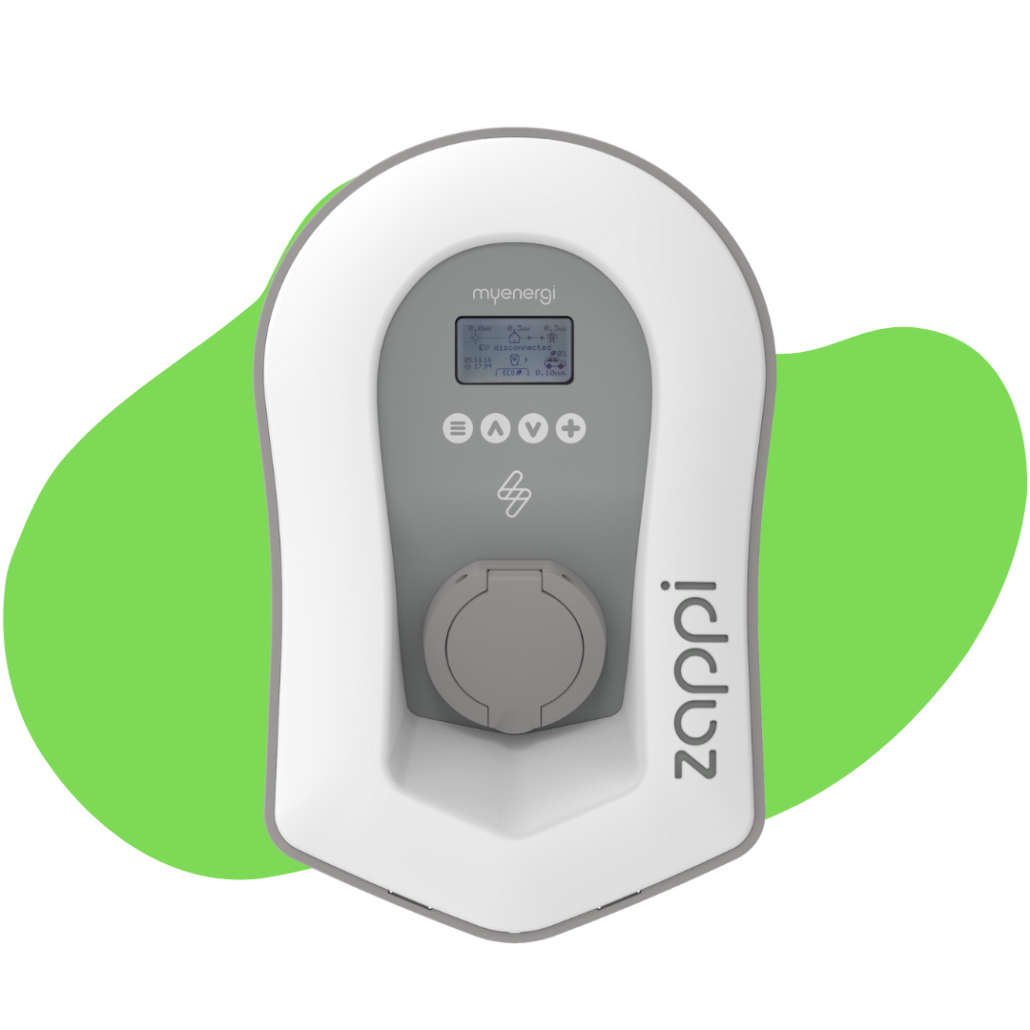What’s the Difference Between a Commercial and Domestic EV Install?

We often get asked as to why there is a difference in the cost of a Home EV Charger and Commercial EV Charger install. In this post we outline the key differences and what you need to know about EV Charging installations.
What is a Commercial Install?
Commercial EV installs are usually for use of one of three options:
- Workplace EV Charging, for employees / clients to use
- Destination Charging, for customers to use whilst they visit a facility
- Car Park Public Charging, most often found in supermarkets, retail parks and service stations
Due to the need for faster charging, public EV Chargers are often fitted on three-phase supply – allowing the customers to charge at rates above 22kW. Rapid and Ultra-Rapid Chargers can charge at rates of 150kW +, fast enough to charge an EV fully in as little as half an hour.

What is a Home / Domestic EV Install?
Home EV installs are most commonly installed on single phase supply, which means the user can charge at speeds of up to 7kW – comfortably fast enough to charge an EV overnight.
These chargers all now have to have smart capabilities including charge scheduling, performance tracking and smartphone control. Some examples are:
What’s the Difference in Installation?
Commercial and Domestic EV installs have to conform to slightly different regulations. So the Charger may look identical on the outside, internally both must meet slightly different standards to be compliant for their intended use.
The vast majority of Home EV installs don’t require any groundworks at all, and if they do they are minimal taking a day to complete at most. Due to the nature of Commercial EV installs, groundworks there can take weeks to complete depending on the scale of their install.
At Energise Energy Solutions, we remote survey all our Commercial and Domestic EV jobs. However for the less straight forward jobs, mainly larger-scale Commercial EV jobs, we do conduct an in-person survey as well to be confident in what work needs completed.
What’s the Difference in Regulation?
The Office for Zero Emissions Vehicles (OZEV) lays out regulations that all UK Charge Point manufacturers and installers must adhere to.
Domestic
All Domestic Chargers must have smart charging capabilities – such as charge scheduling to allow the user to charge at off-peak hours.
Commercial
Commercial Chargers must have the ability to charge the consumer a cost for their charge and restrict usage for different demographics.
On our commercial installs we install Charge Point Management Software, Monta. This allows the owner full control as they can change prices, availability and access remotely on all their Charge Points.
So Can I Have a Domestic EV Charger Installed on a Business?Premises?
Due to all the reasons listed above, it isn’t feasible or within UK regulations to install a Domestic EV Charger on a Commercial property.
Businesses can however benefit from government grants such as the Workplace Charging Scheme (WCS), a scheme that allows businesses to save as much as £14,000 on their EV Charging infrastructure. If you’d like to learn more, click below to speak to an expert member of our team.



